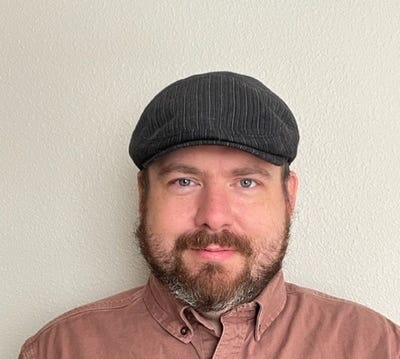Anixa to present research for ovarian cancer treatment at IGCS meetingAnixa to present research for ovarian cancer treatment at IGCS meeting
The firm hopes its new chimeric antigen receptor (CAR)-T therapy can provide a breakthrough for treating solid tumors.

In October 2017, the FDA approved Yescarta (axicabtagene ciloleucel) to treat certain types of large-B cell lymphoma. It marked one of several approvals for lymphomas and leukemias that would garner excitement about the potential of CAR-T therapies. “Today marks another milestone in the development of a whole new scientific paradigm for the treatment of serious diseases,” then FDA commissioner Scott Gottlieb said at the time of the announcement. “This approval demonstrates the continued momentum of this promising new area of medicine, and we’re committed to supporting and helping expedite the development of these products.”
“CAR-T was able to significantly treat patients who had failed all other approved therapies,” Amit Kumar, chairman and CEO of Anixa Biosciences, told BioProcess Insider. “It is very rare to effectively treat late-stage patients, yet CAR-T was able to do so.”
Anixa is a clinical-stage biotechnology company that focuses on treating and preventing cancer, and their work includes using CAR-T technology.
But for all the promise shown in some areas of cancer treatment, scientists had to temper their enthusiasm when CAR-T therapies proved unsuccessful in treating other types of cancers, including solid tumors. In a clinical evaluation that reviewed CAR-T cell immunotherapy for the solid tumors present in many types of cancers, Drougkas et al. found that results were often dire. In his discussion about a specific clinical trial that used CAR-T cells administered through intra-abdominal infusion, his report found that “no tumor remission was observed, and by day 38 of therapy, staging evaluation showed disease progression.”
Anixa hopes to change that narrative.
“We have developed a CAR-T approach targeting ovarian cancer that takes advantage of the years of learning gained from previously failed trials,” Kumar said. “We hope our therapy will be the first approved CAR-T therapy for a solid tumor.”
Anixa announced that Robert Wenham, chair of gynecologic oncology at Moffitt Cancer Center in Tampa, Florida, will discuss Anixa’s ovarian cancer CAR-T therapy clinical trial progress at the International Gynecologic Cancer Society (IGCS) 2024 Annual Global Meeting being held October 16–18, 2024, in Dublin, Ireland.
The presentation is titled "Phase I Clinical Trial of Autologous T-cells Genetically Engineered with a Chimeric Receptor to Target the Follicle Stimulating Hormone Receptor (FSHR) in Recurrent Ovarian Cancer (OVCA)," and will address Anixa’s approach to an autologous cell therapy that targets the follicle stimulating hormone receptor (FSHR) in the ovary.
Kumar said that Wenham will further discuss the molecular biology of Anixa’s CAR-T therapy and the trial design, current status, and future plans.
The technology leading Anixa’s charge into CAR-T therapy was developed at the Wistar Institute in Philadelphia, Pennsylvania by Jose Conejo Garcia’s team of scientists. Kumar said that clinical studies are being performed at Moffitt Cancer Center under Wenham’s leadership, who is serving as principal investigator. The therapy is also being manufactured at that location.
Efficiently manufacturing autologous CAR-T therapies could prove to be another hurdle for companies, even if their therapies prove effective.
Kumar said that CAR-T therapies are complex and involve “isolating T-cells from individual patients and genetically engineering them in a laboratory before infusing them back into the patient. There are multiple steps in manufacturing this customized product for each individual patient. Some of the steps are manual, and some can be and have been automated. The whole process can take 4–6 weeks, during which time the patient may decline in health to the point where she is no longer eligible.”
He emphasized that because patients are so sick by the time their treatment is being made, it is important to manufacture therapies as quickly as possible.
Kumar said that like most families, his has a history of cancer. "It would be great to be able to treat this deadly disease," he said. “If we show that CAR-T therapy can be effective for a solid tumor like ovarian cancer, we believe it can be successful for other solid tumors as well.”
About the Author
You May Also Like








